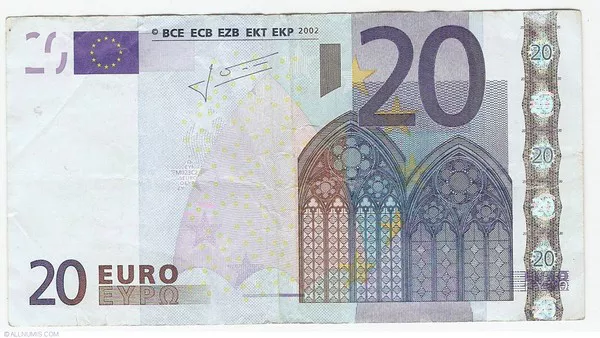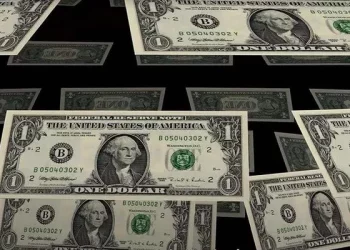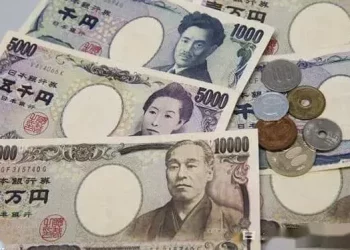?
Forex/FX is a common abbreviation for “Forex”, which refers to claims used by administrative authorities (central banks, monetary authorities, stabilization funds and the Ministry of Finance) in the form of bank deposits, Treasury bills, long and short term government bonds, etc.
Including foreign currency, foreign currency deposits, foreign currency securities (government bonds, state bonds, corporate bonds, stocks, etc.), foreign currency payment certificates (bills, bank deposit certificates, postal savings certificates, etc.).
Earn the difference to make a profit.
It’s a very big international market.
In its triennial survey of the forex industry in 2016 and 2019, the Bank for International Settlements wrote that global average daily forex trading volumes were $5.3tn and $6.6tn, respectively, far exceeding the daily average for global equity markets.
In the large foreign exchange market, according to the different forms of foreign exchange trading business, can be divided into the following three main types: interbank foreign exchange market, bank foreign exchange market and retail market.
In these three markets, each market has its corresponding participants, and the participants in the three markets have their own characteristics.
1. Interbank foreign Exchange market At the top of the foreign exchange market is the interbank market, which is composed of the largest banks in the world and some small and medium-sized banks.
Participants in the market can trade directly or through automated Electronic Economy Services (EBS) or Reuters Trading.
The two trading systems are as competitive as Coca-Cola and Pepsi.
They have been in a tug of war for customers and market share.
2. Banks in the foreign exchange market Commercial banks will also provide part of their trading volume to MM market makers, ECN dealers, hedge funds and other large capital players in the market.
3. Retail foreign Exchange market The retail foreign exchange market is a mass market derived from the interbank foreign exchange market.
It is also an over-the-counter market.
Retail foreign exchange market is a market with brokers as intermediaries and retailers as the main body.
Retail forex investors access the forex market through brokers and liquidity providers provide quotes and facilitate trading.
We ordinary investors are exposed to the retail foreign exchange market.
Risk appetite improved, the dollar fell, gold retreated and oil prices jumped 4 percent.
Please pay attention to the specific operation, the market is changing rapidly, investment needs to be cautious, the operation strategy is for reference only.

























